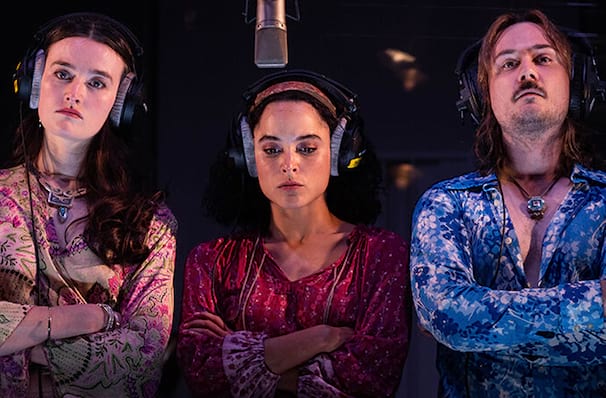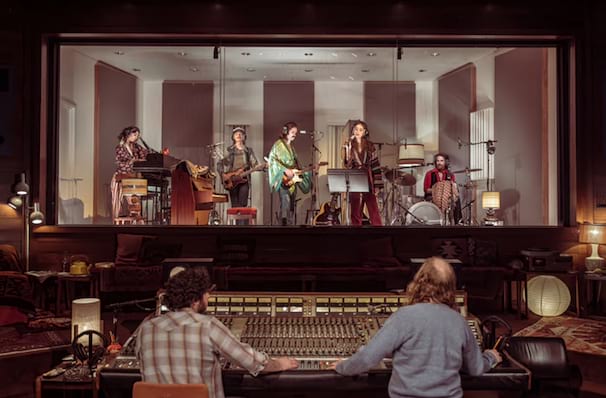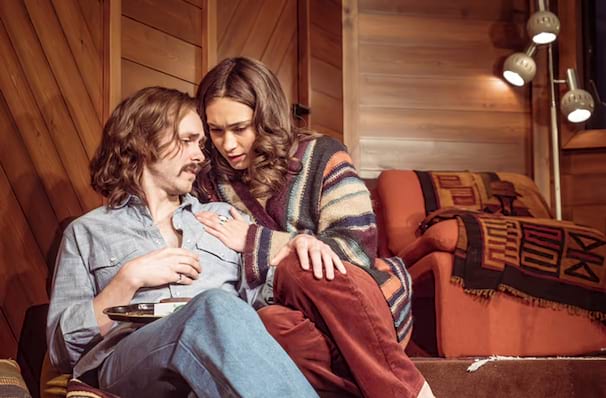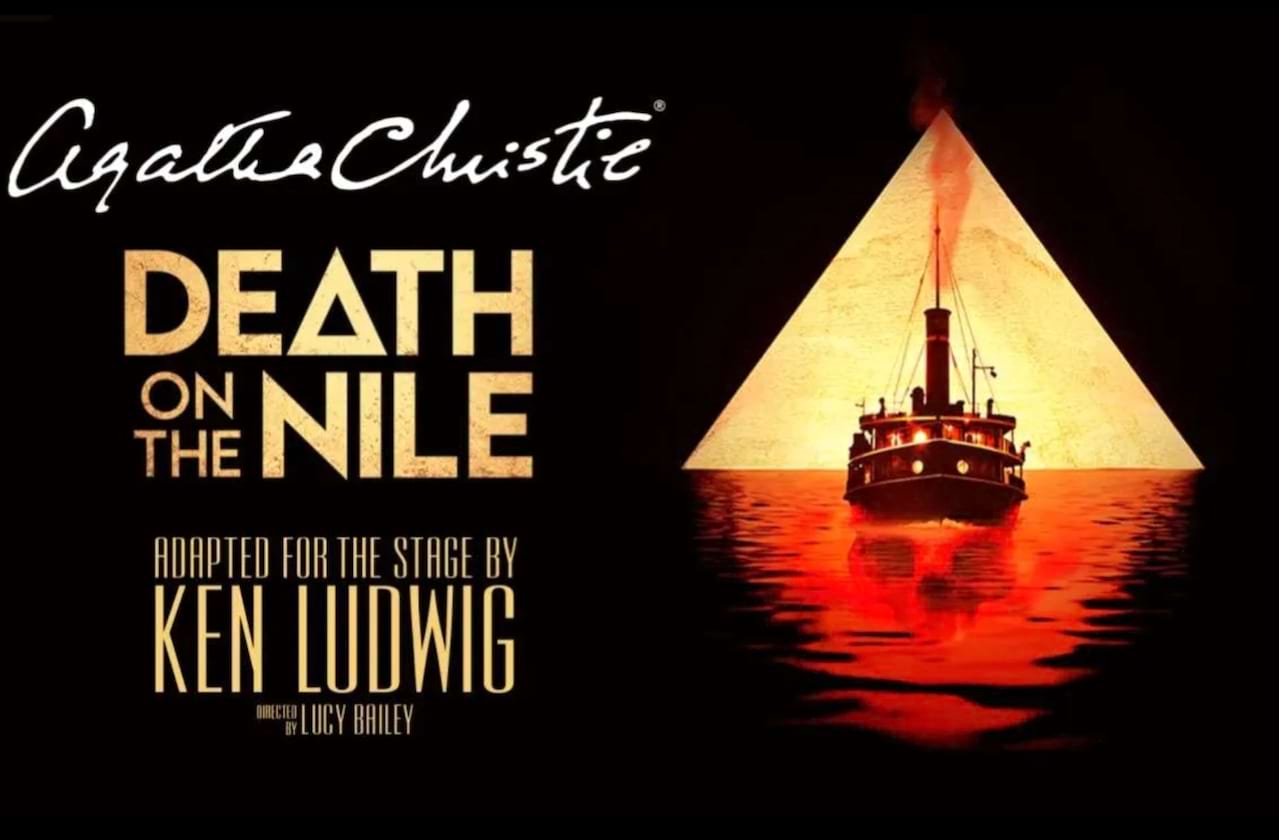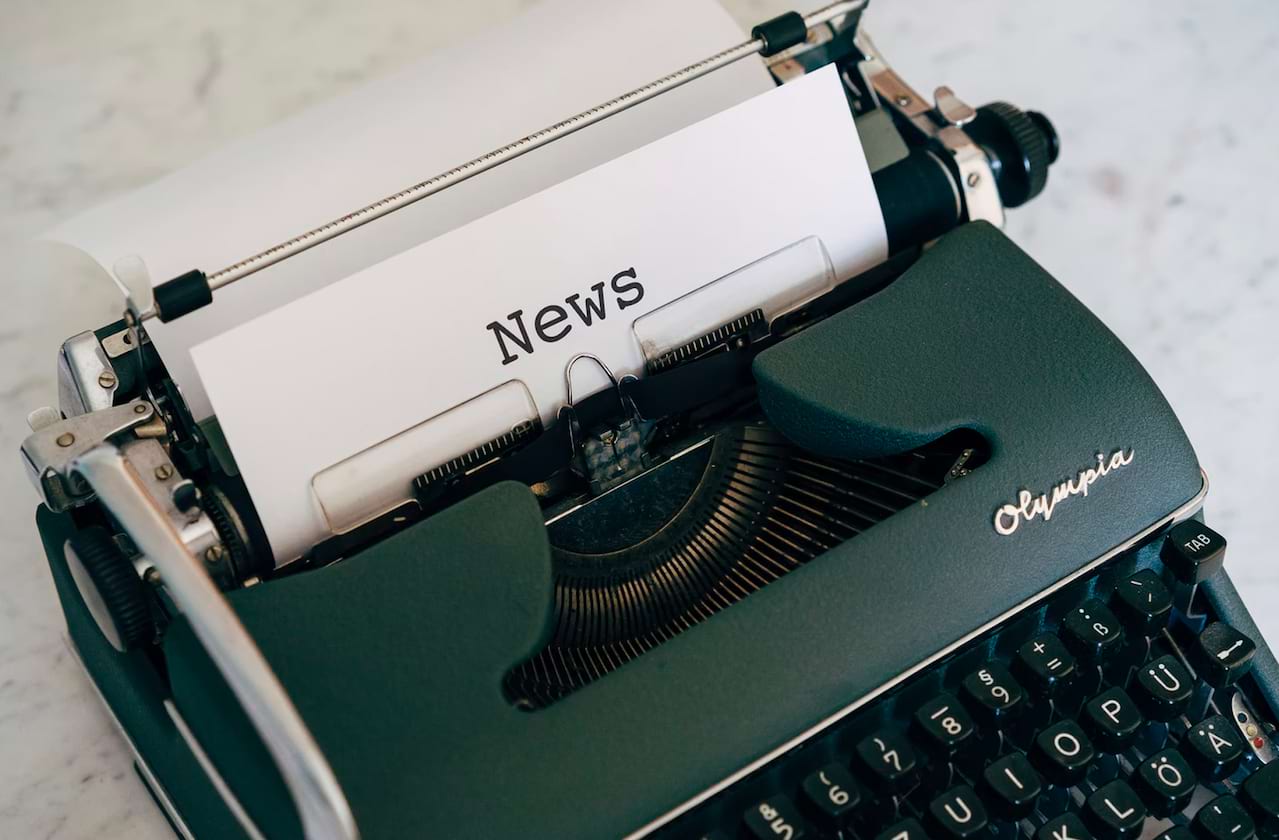Review: Stereophonic at Duke of York's Theatre
an emotionally resonant portrait of what it costs to make something beautiful
Ever dreamed of being a fly on the wall while a 70s rock band implodes in real time? Now's your chance. Stereophonic, fresh off a record-breaking amount of Tony nominations, transforms London's Duke of York's Theatre into a Los Angeles recording studio. Thanks to David Zinn's set design, the space is equipped with engineers, a mixing desk, a recording booth, and yes, a comically large bag of cocaine. Laid out with the desk front and centre, booth deep in the back, flanked by sofas, The Duke of York holds a stage that's both intimate and expansive.
Inspired closely by Fleetwood Mac's legendary Rumours, Stereophonic isn't really about the music. It's about the messy relationships behind it. So much so that Ken Caillat, co-author of Making 'Rumours', sued the production. At its heart, this is a play about love, ego, resentment, and the threads that hold a successful rock band together.
Charlie, the band's frontman, and Diana, his fellow lead vocalist, are in a tug-of-war between love and perfectionism. Her solo track from their last album becomes a breakout hit mid-recording, adding fuel to their fire. Meanwhile, Reg and Holly navigate a relationship frayed by substance abuse but kept together by genuine adoration. The brilliance of Stereophonic lies in its tonal consistency. The production shifts from awkward arguments to laugh-out-loud comedy without ever feeling strange. Some of the most memorable moments come from Grover and Reg, hilariously high on many illicit substances and deep in nonsensical conversation, blending Reg's British stoner humour with Grover's confused Americanisms.
Grover, the producer, quietly steals the show. Initially a side figure, he emerges as the emotional anchor and a mouthpiece for the audience. Surrounded by conflicting egos and failing relationships, he's the one trying to hold it all together. We find out his personal life is stalled by the band's self-absorption, and his exhaustion is palpable, yet understanding and extremely human.
Despite being music-centric, this is not a musical. Will Butler of Arcade Fire provides a score that moves from piano ballads to classic rock anthems, matching the highs and lows of the play. But what truly sets Stereophonic apart is its use of silence. Long, realistic pauses give authenticity to the production as a whole while simultaneously building tension. Although the music adds to the show's allure, the soul of the show lies in its conversations and the simmering passive aggression.
For Fleetwood Mac fans, this might be the closest you'll ever get to being in the room where it happened. For everyone else, it's a gripping, funny, and poignant portrait of what it costs to make something beautiful with people you love.
